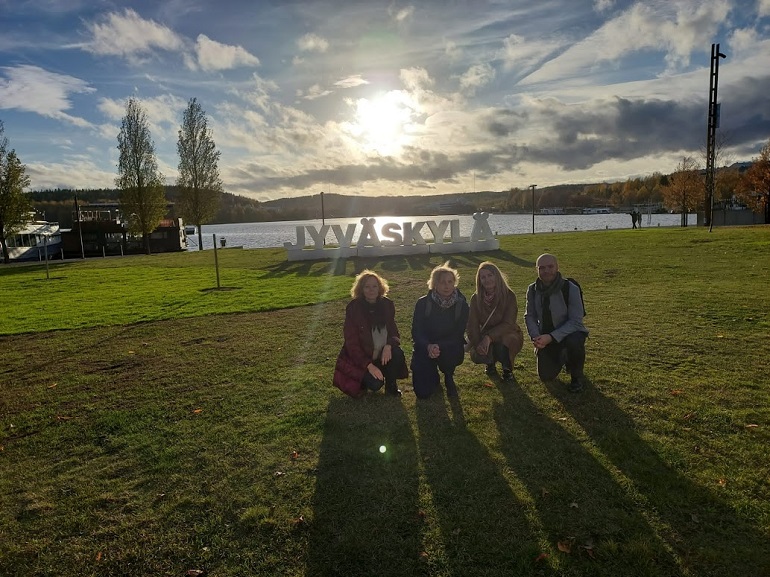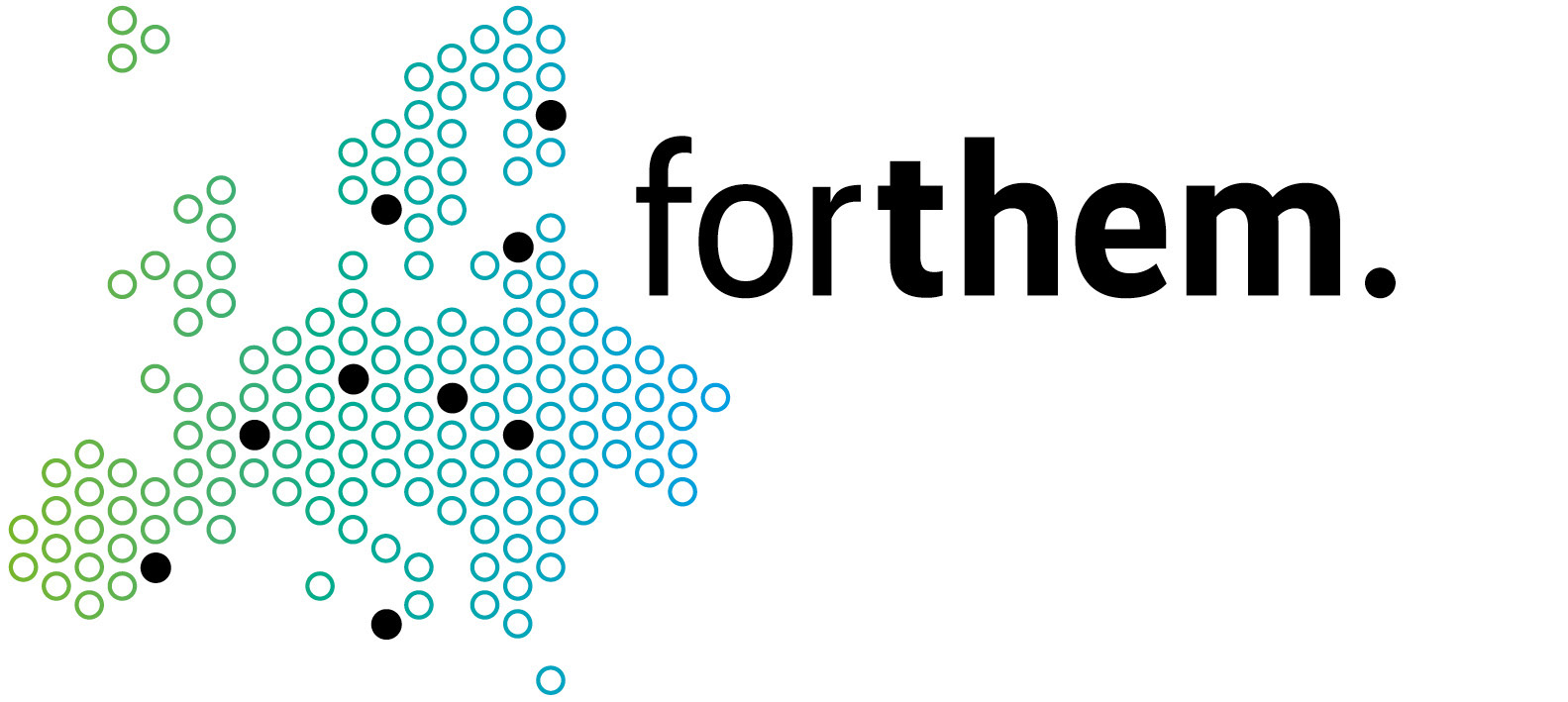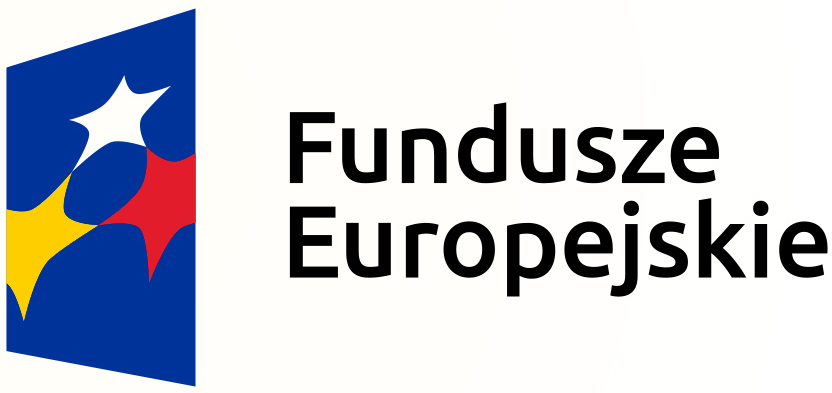Meeting of Multilingualism Lab at University of Jyvaskyla

In the second week of October 2022, there was a meeting in Jyvaskyla to sum up the several years of work of the Multilingualism Lab, operating within the FORTHEM Alliance of European Universities. It was mostly devoted to the citizen science project that was created and developed within the Lab.
The University of Opole was represented by Prof. Katarzyna Molek-Kozakowska from the Institute of Linguistics, Dr Iwona Sobieraj and Marcin Deutschmann from the Chair of Sociology, and Roma Kwiecińska - a teacher from the Public Secondary School No. 6 in Opole, the project's partner school. The meeting was co-organised by Katarzyna Preuhs, a PhD student in linguistics at the UO Doctoral School, who did her traineeship at the University of Jyvaskyla.
As part of the event, workshops on civic learning were held, led by, inter alia, Katarzyna Preuhs . The work done so far in the citizen science project was reviewed and future actions were planned. Prof. Katarzyna Molek-Kozakowska, Marcin Deutschmann and Roma Kwiecińska presented the findings of the second edition of the project, organised in Opole in the past academic year, and Dr Iwona Sobieraj presented the theoretical model and the results of the evaluation of the Opole team's work.
The delegation also visited the Mankola School, with which the University of Jyvaskyla collaborates on the project and whose students visited the University of Opole in May (read more about the visit here). The students talked about their small research projects that they had carried out as part of their citizen science project.
The last day was devoted to the autumn meeting of the Multilingualism Lab, where the work of the lab so far was presented and further actions were announced. During the event, inter alia, a document on the development of the lab operating within the FORTHEM framework and recommendations for the language policy of the alliance were adopted. Preliminary actions for the next period of the operation of the FORTHEM Alliance were also identified, and potentials for raising additional funds for the activities undertaken in the lab were discussed.
The next four years of FORTHEM Alliance operation and editions of the citizen science project lie ahead. The details of further actions will be elaborated during the remote meetings of the lab and the spring meeting to be held in Opole. Some of the actions taken in this direction have received additional funding from the FIT FORTHEM project for the co-development of a model of citizen science in schools (MSCEDU, Modelling Citizen Science for Education).



